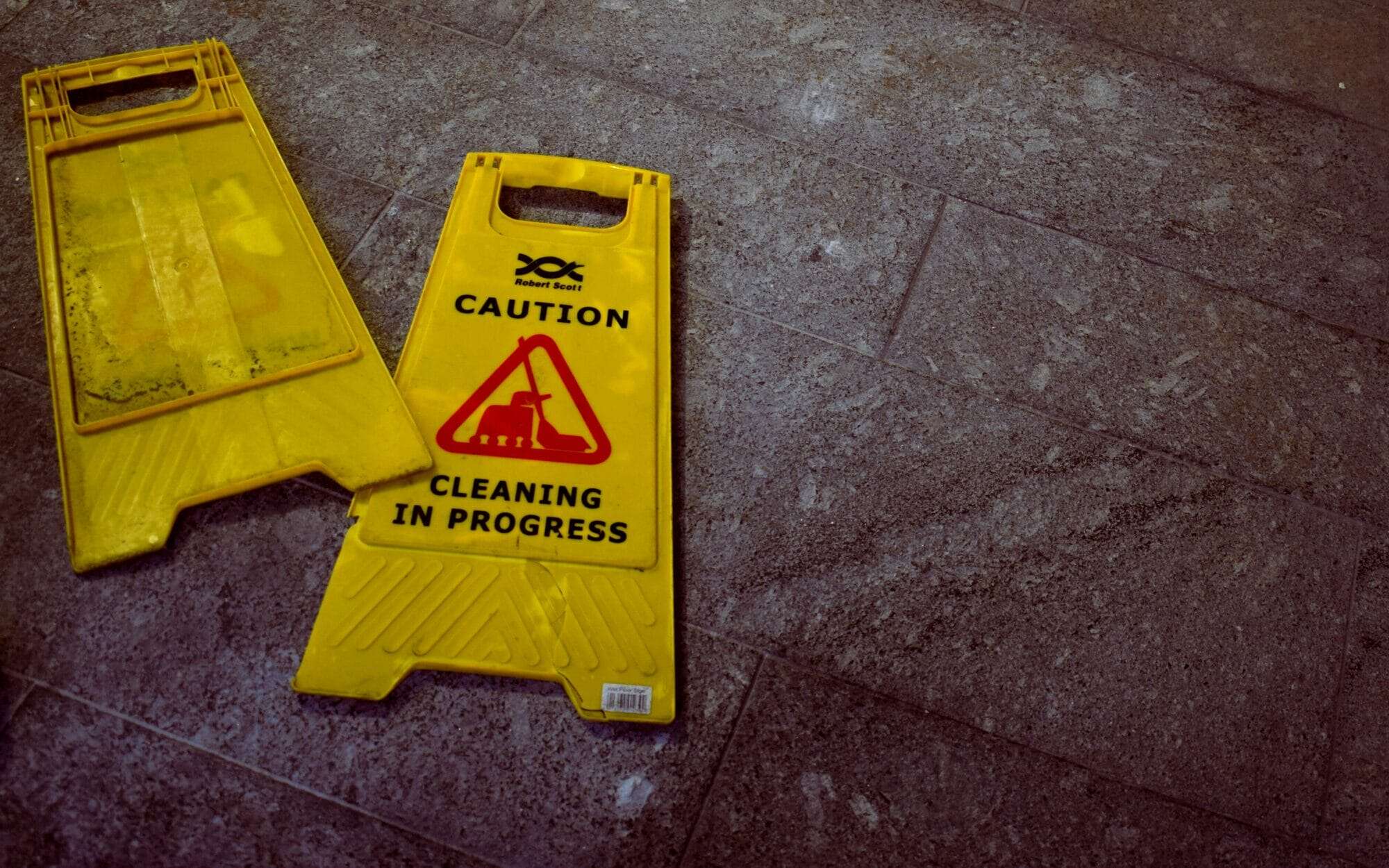Workers’ compensation law in Virginia is governed under the Virginia Workers’ Compensations Act. The Act is a detailed, complex state law that requires most employers in the state to provide insurance for work-related injuries and certain diseases and illnesses. Provisions in the statute establish the criteria and conditions that apply to payment of claims covered by workers’ compensation insurance. A key question that employers and employees often ask is what types of on-the-job injuries the insurance covers.
Injuries Covered by the Virginia Workers’ Compensation Act
Physical injury claims are the most common type of workers’ compensation claim filed by employees. Roughly 90 percent of all claims involve an injury that arose from a work-related accident.
In Virginia, an on-the-job injury is covered by workers’ comp if it meets these three requirements:
- The injury arises out of an accident
- The accident occurred during the course of the employment
- The accident and injury are related to the employment
Generally, an accident involves an unforeseen or unexpected event that happens suddenly at a specific time. It may occur with or without human fault. An injury occurs in the course of your employment if it happens at a time and place where you were expected to be as part of your job, including performing a task on your employer’s behalf. The injury is related to your employment if something about your job and responsibilities or a specific work activity led to the accident, such as work equipment, an assigned task, or the work environment.
The law specifically excludes an injury from workers’ comp coverage if it arises during voluntary participation in employer-sponsored off-duty recreational activities that are not part of an employee’s duties.
Repetitive Work Injuries Not Covered
On account of the requirement that an injury result from an accident, Virginia workers’ compensation law does not cover injuries that happen slowly, over a period of time. As a result, repetitive injuries from work-related duties are excluded from workers’ comp insurance coverage. If you have a job where you repeat specific actions at your day job, like moving or lifting heavy weight, and you suffer a gradually growing pain or injury as a result, it may not be covered.
However, if a single event triggers an injury while you are doing repetitive work, it likely is covered by workers’ comp. For example, if you move boxes all day long, and one day you experience a sharp pain when you lift a particular box, the injury should be covered. In contrast, if there is not an event or accident involved, and the injury develops gradually over time, it likely won’t be covered.
When a worker suffers this type of injury, securing workers’ comp coverage for it depends entirely on the exact facts and on how the claim is reported. If a specific event is involved, it’s extremely important to include all the details. Those details can make the difference in whether you receive compensation.
There are some exceptions to the repetitive injury rules. Virginia workers’ compensation insurance may cover carpal tunnel syndrome in some situations. Carpal tunnel syndrome is a condition that causes hand pain from repeated pressure on the wrist. Typing on a keyboard may cause this type of injury. However, the burden of proof on the employee to demonstrate that a carpal tunnel injury is job-related is much higher than for other injuries. Additionally, if the task you were performing was “one piece of work” that took place over a specific period of time your injury may be covered under the Virginia workers’ Compensation Act.
Issues Relating to On-The-Job Injuries
Often, issues over receiving workers’ comp for a work-related injury occur because of how an employee reports the accident and injury. To get compensation, your report must document that the injury meets all three criteria for coverage by workers’ compensation insurance. If it doesn’t, your claim likely will be denied by the insurance company.
Typically your employer or the insurance company will either ask you to provide a detailed written statement about how the injury occurred or want to take a recorded statement over the phone to ask you questions about the accident and injuries. Many workers are unaware they need to be specific about how the accident occurred and don’t provide necessary details to establish their accident is covered under the Virginia Workers’ Compensation Act. We strongly encourage all injured workers to speak with an experienced workers’ compensation attorney before giving a statement to your employer or insurance company.
If there is a question about whether your injury meets one of the three requirements, you should talk with an experienced Virginia workers’ compensation attorney even before you file your claim. Your lawyer can help with all aspects of navigating through the claim to recover compensation, to ensure that you report and document all the necessary elements.
If you filed a claim that was denied because the injury doesn’t meet one of the three requirements, you should contact a knowledgeable workers’ comp attorney immediately to discuss appealing the denial. Timing is extremely important in appealing denial of a claim. If you delay contacting a lawyer, you may lose the ability to challenge the denial.
Schedule a Free Consultation with Our Experienced Richmond, Virginia Workers’ Compensation Law Firm
Pursuing a workers’ comp claim can be extremely frustrating and confusing for an injured worker, especially because the Virginia law and rules are extremely complicated. At the Richmond law firm of Renfro & Renfro, our dedicated workers’ compensation lawyers advocate vigorously for every client.
If you suffer an on-the-job injury, you should receive the compensation that you deserve under the law. Sometimes, it takes a skillful lawyer to make certain that happens. We take the stress and worry out of pursuing a claim following a denial, or in assisting with claims that present unique circumstances for making a claim. We welcome you to contact us for a free consultation.






